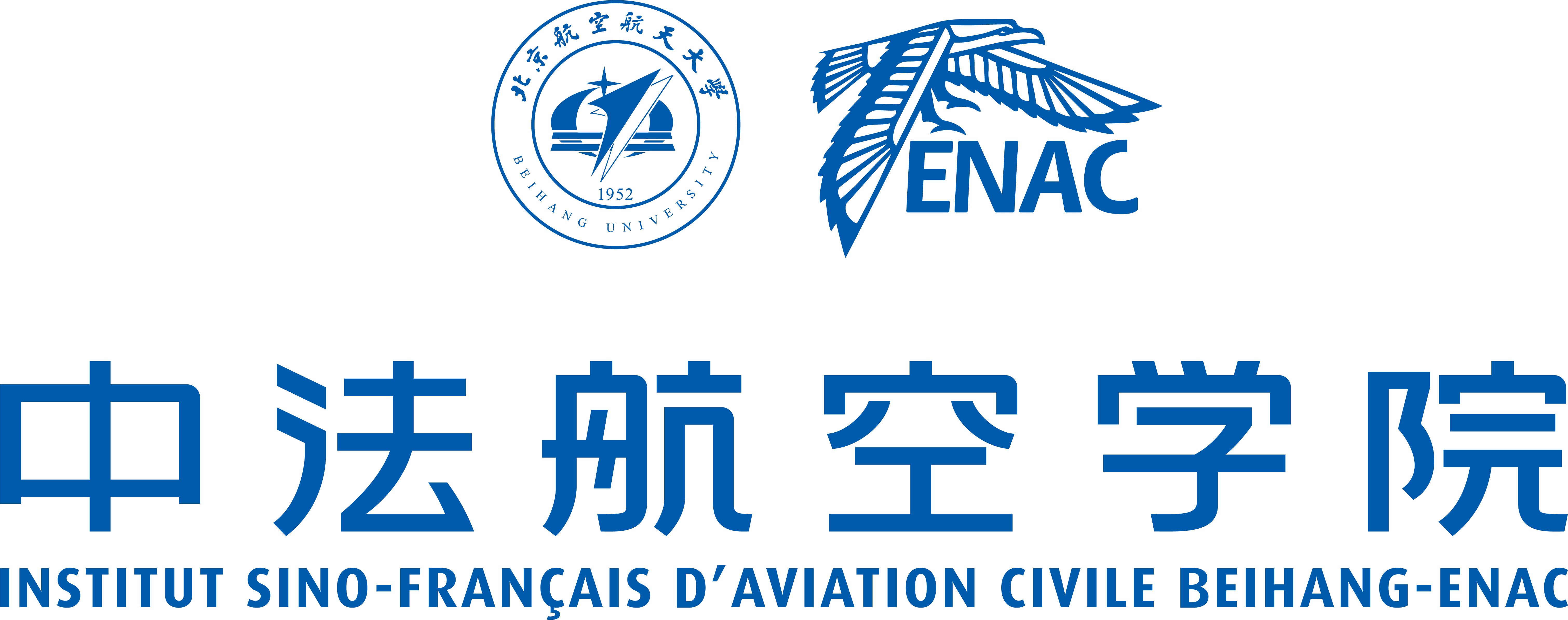Inside Zhongfa Aviation Institute
Through an immersive education powered by the 3DEXPERIENCE platform, students gain real-world aviation skills in a university setting.
The 3DEXPERIENCE platform gives our students access to a virtual engineering environment where they can explore the entire lifecycle of a civil aviation aircraft, from design, manufacturing and production to operations, maintenance, and airworthiness analysis.
Offering Hands-on Aviation Courses to Students
At Zhongfa Aviation Institute, civil aviation students are immersed in a hands-on education that reflects the pace and complexity of today’s aviation industry. Instead of sitting in lectures, they work in a high-tech virtual environment powered by Dassault Systèmes’ 3DEXPERIENCE platform. Here, students design aircraft, optimize flight route planning, and test real-world airport scenarios using the same industry applications that professionals rely on.
“Our students on campus experience more than a traditional lecture-based education; they learn through real-life projects that develop their independence and drive,” said Yuan Jing, a teacher at the university’s Smart Aviation Center.
The Smart Aviation Center was established with an international vision and is focused on developing the next generation of talent for China’s fast-growing civil aviation and low-altitude flight economy. Its curriculum covers everything from aircraft design and airworthiness certifications to airport operations, route planning, and air traffic control. And through its partnership with Dassault Systèmes, the institution teaches students a whole host of technical skills. This includes 3D modeling in CATIA, System-level Simulation with CATIA Dymola, Multiphysics Simulation with SIMULIA, Collaborative-product development, Production Planning with DELMIA and Lifecycle Management Workflows across the 3DEXPERIENCE platform.
Based on Dassault Systèmes’ 3DEXPERIENCE platform, we’re able to set up different scenarios for the low-altitude aviation industry for all talent development, teaching, and scientific research activities.
Virtual Education Reflects Aviation Industry Realities
This new hands-on teaching experience influences how students learn as well as how instructors plan and deliver lessons. Project-based learning, supported by the 3DEXPERIENCE platform’s virtual twin capabilities, allows the faculty to create immersive, scenario-driven lessons that set students up for the demands of the aviation sector.
“Our students study a range of specializations around mechanics, flight control and aviation management,” Kang said. “In the real world, all these disciplines must work together. Dassault Systèmes’ solutions make this integration possible, bringing students from different backgrounds together to collaborate on real-world challenges as a team.”
“This is a very important innovation in teaching methods and a reform of our educational model,” Yuan added.
Traditionally, it’s difficult to replicate the complexity of real-world scenarios in a university setting. However, Dassault Systèmes technology helps to make students’ learning journeys tangible. Within the virtual twin experience, students from different disciplines work together, just as they would in industry, experiencing lifelike operational situations covering airport facility management, flight route planning, baggage handling and in-flight services. And because they’re using professional-grade applications, the skills and workflows they master today are the same ones they’ll rely on in their future careers.
“Compared to traditional document-based design, this method is more efficient and rigorous,” said Dr. Chen Rui, a PhD student at the Smart Aviation Center. “These skills are crucial in fields like aerospace and intelligent manufacturing, especially for someone like me who hopes to pursue a career in system architecture or digital engineering.”
Preparing Students For Industry
Recently, a group of students headed up a project to develop electric induction heaters within a model-based systems engineering (MBSE) framework. They used the 3DEXPERIENCE platform for the heater’s entire lifecycle design: CATIA for system requirements and 3D modeling, and DELMIA for virtual production. This comprehensive approach allowed the students to master every aspect of product development and guarantee assurance and reliability at every stage.
“By working with Dassault Systèmes’ solutions, I've not only developed a solid grasp of system modeling methods but also gained insights into how MBSE can be applied in real-world engineering,” Chen said. “By using CATIA, DELMIA, and SIMULIA across the full product lifecycle, I’ve learned to approach design through a model-driven, data-integrated systems thinking approach.”
Building on this experience, students are preparing for the upcoming Qihang Cup MBSE Modeling Competition, co-hosted by the Beijing Civil Aircraft Technology Research Center of COMAC and Beihang University. Participants will explore how artificial intelligence and agile systems engineering can be combined to optimize model building, improve simulation efficiency, and accelerate system iteration. These skills are key to future work in complex equipment and unmanned aerial vehicle development. The event promotes MBSE adoption across China’s engineering landscape, strengthens the local software ecosystem, and supports national ambitions for a technology-powered future by showcasing practical achievements and driving innovation in digital R&D.
“We’ve been learning new skills, specifically collaborative modeling, UAF modeling, SIMULIA for structural analysis, CATIA Dymola for behavior modeling and 3DEXCITE for visualized scenario simulation,” Chen said.
By working with Dassault Systèmes’ solutions, I've not only developed a solid grasp of system modeling methods but also gained insights into how MBSE can be applied in real-world engineering.
Industry Certifications Broaden Career Opportunities
Looking ahead, Zhongfa Aviation Institute plans to deepen its collaboration with Dassault Systèmes by incorporating its online certification courses into the curriculum. Students and faculty members alike will be encouraged to complete certifications that validate their expertise with CATIA, DELMIA, SIMULIA and the broader 3DEXPERIENCE ecosystem.
In China’s fast growing low-altitude flight economy, Zhongfa Aviation Institute is helping to shape the talent that will pilot its future. With the 3DEXPERIENCE platform, students are learning how to think, collaborate, and innovate like professionals.
“We want our future engineers to launch their dreams in the 3D world,” Yuan said.
These credentials will enhance our teaching practices and significantly improve students’ employment prospects after graduation.

About Zhongfa Aviation Institute
Zhongfa Aviation Institute, a collaborative effort between Beihang University and ENAC, is located in the city of Hangzhou. Recognized by China’s Ministry of Education, this institute blends the disciplinary strengths and educational paradigms of both institutions. Focused on producing top-tier engineers and innovative talents, ZFAI offers integrated bachelor-to-doctor’s education aimed at fostering advanced skills, creative thinking, and a global outlook under the support of Hangzhou’s Yuhang District.
For more information: https://zfai.buaa.edu.cn
